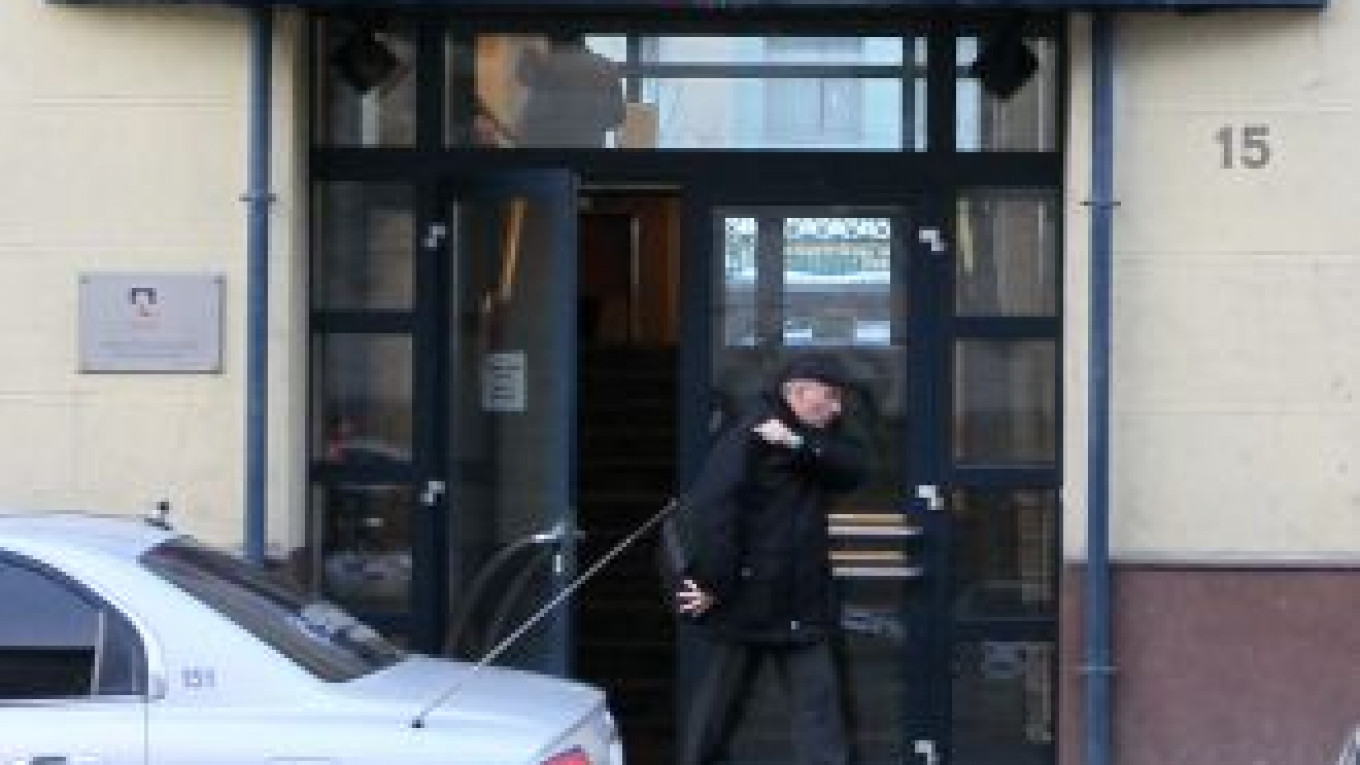RusAl wants Chinese companies to consider investing in new smelting projects in Siberia, a senior executive of the metal company said.
China, which accounts for 44 percent of global aluminum consumption, needs to invest in new production projects to meet increasing demand over the next five to 10 years, Oleg Mukhamedshin, head of RusAl's equity and strategic development, told a Metal Bulletin aluminum conference in Moscow on Friday.
"RusAl proposes that China consider Siberia as an alternative [to domestic projects]," Mukhamedshin said.
Siberia has the benefit of access to hydro energy as well as proximity to China, while RusAl, controlled by businessman Oleg Deripaska, has bauxite resources and alumina capacity, Mukhamedshin said. Delivery from Russia's Far East ports to Shanghai takes from four to eight days.
A number of Chinese firms are already planning smelters or processing projects in Indonesia, Southeast Asia's largest economy, with a total anticipated spending in excess of $9 billion agreed on in August.
In 2007, RusAl signed a memorandum of intent with Indonesian Antam with a plan to create a complex that would produce about 3.6 million tons of bauxite per year and about 1.2 million tons of alumina, but the plan was postponed due to the global economic crisis.
RusAl has now dropped the plan to build the complex in Indonesia, its press office said by e-mail on Friday.
But Indonesia's industry minister said earlier Friday that he was still expecting RusAl to push ahead with this long-delayed $1.5 billion alumina smelter project.
"(RusAl) are going to realize their project in 2013 with total investment of $1.5 billion," Mohamad Hidayat told Reuters following a news conference in Jakarta. "RusAl is now looking for other local partners. They are also selecting several local bauxite mining companies as partners for raw material supplies."
Mukhamedshin also said Friday that RusAl had delayed its Taishet aluminum project in Siberia for at least a year. On Thursday RusAl said its Boguchany project, also in Siberia, would produce its first aluminum this spring, but expanding it further would depend on the market.
Related articles:
A Message from The Moscow Times:
Dear readers,
We are facing unprecedented challenges. Russia's Prosecutor General's Office has designated The Moscow Times as an "undesirable" organization, criminalizing our work and putting our staff at risk of prosecution. This follows our earlier unjust labeling as a "foreign agent."
These actions are direct attempts to silence independent journalism in Russia. The authorities claim our work "discredits the decisions of the Russian leadership." We see things differently: we strive to provide accurate, unbiased reporting on Russia.
We, the journalists of The Moscow Times, refuse to be silenced. But to continue our work, we need your help.
Your support, no matter how small, makes a world of difference. If you can, please support us monthly starting from just $2. It's quick to set up, and every contribution makes a significant impact.
By supporting The Moscow Times, you're defending open, independent journalism in the face of repression. Thank you for standing with us.
Remind me later.


